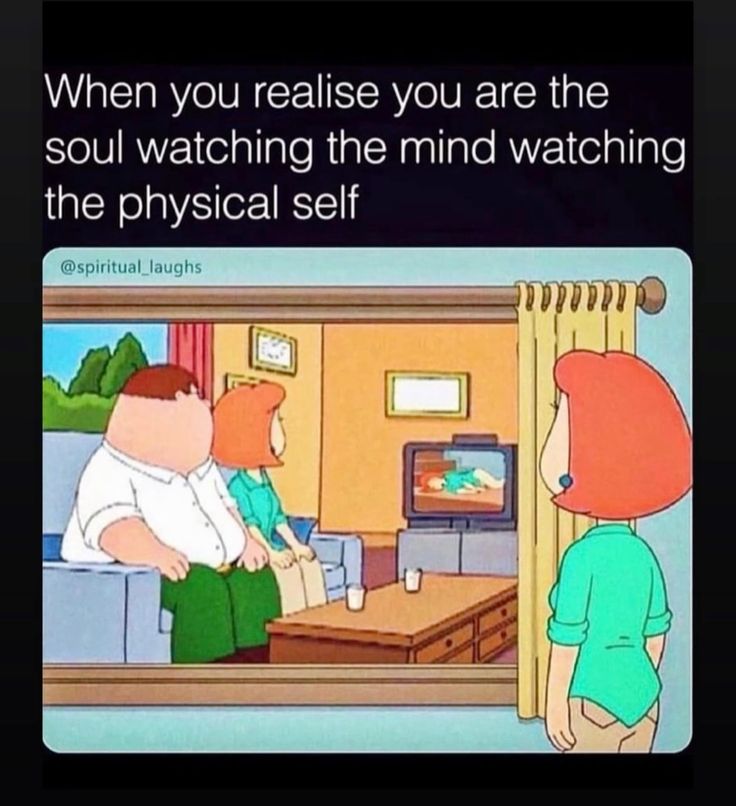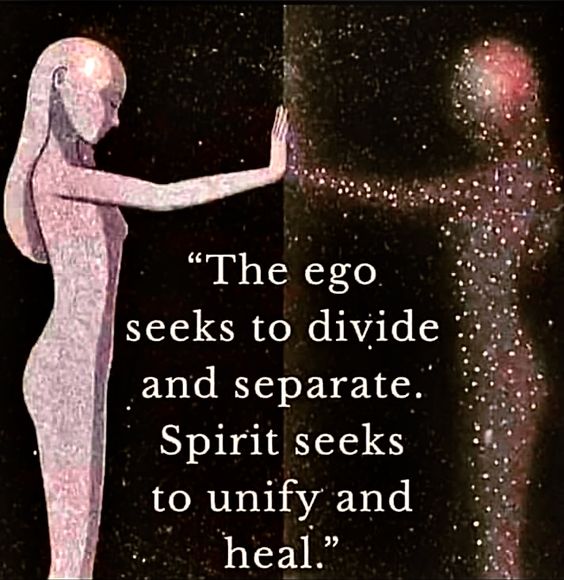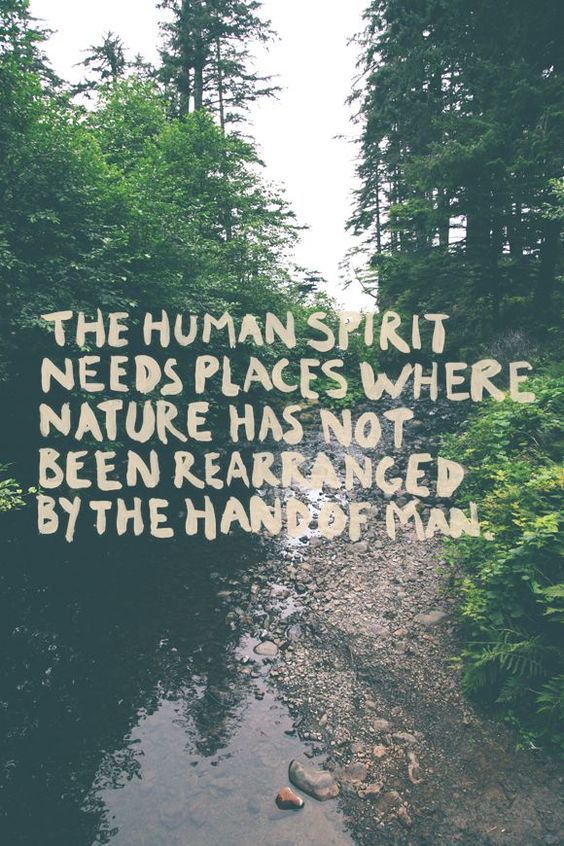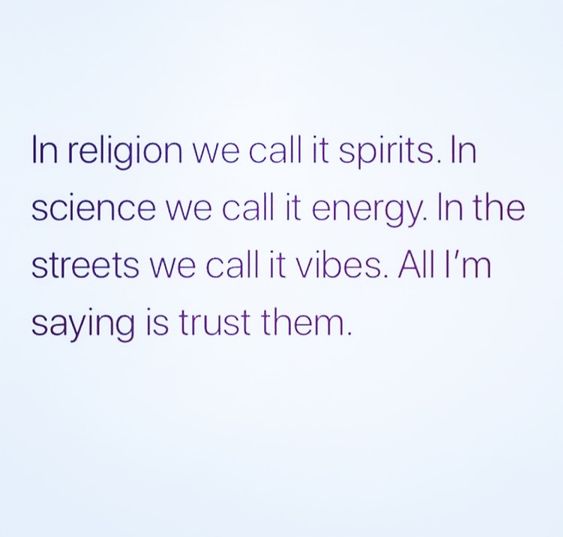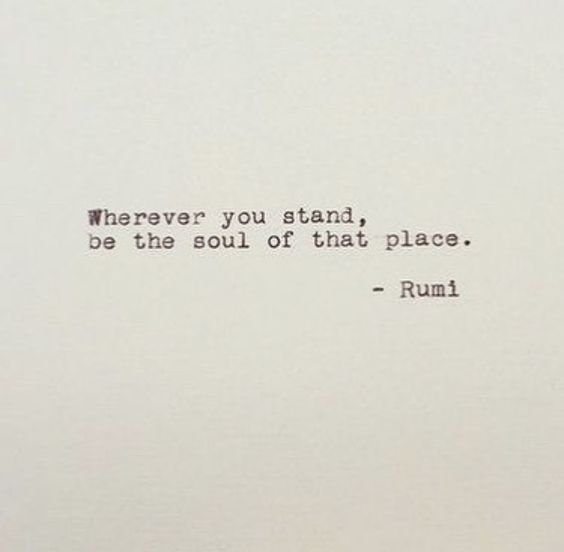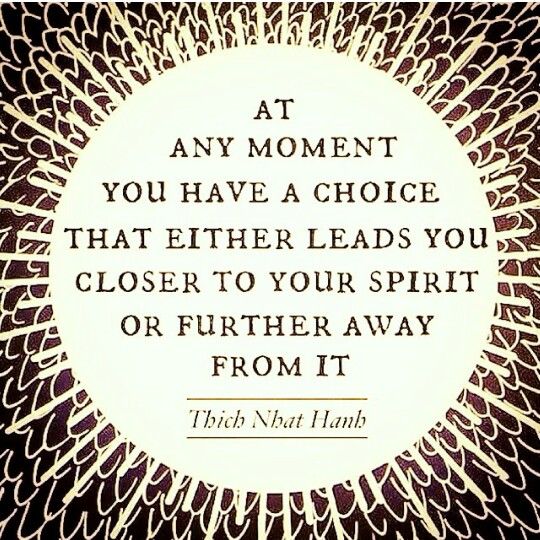“One of the things I’ve observed is that the trademark of a triumphant spirit is that it declares itself not only in the good times but in the absolute worst times as well.”
Bert R. Mandelbaum, MD, via The Win Within (Page 27)
“To be loved and to love is almost spiritual breathing. The body cannot live without breath, and the spirit cannot live without love.”
Osho, Everyday Osho (Page 236)
“All of the truly important battles are waged within the self. It is as if we are all tempted to view ourselves as men on horseback. The horse represents a lusty animal-way of living, untrammeled by reason, unguided by purpose. The rider represents independent, impartial thought, a sort of pure cold intelligence. too often the pilgrim lives as though his goal is to become the horseman who would break the horse’s spirit so that he can control him, so that he may ride safely and comfortably wherever he wishes to go. If he does not wish to struggle for discipline, it is because he believes that his only options will be either to live the lusty, undirected life of the riderless horse, or to tread the detached, unadventuresome way of the horseless rider. If neither of these, then he must be the rider struggling to gain control of his rebellious mount. He does not see that there will be no struggle, once he recognizes himself as a centaur.”
Sheldon B. Kopp, If You Meet Buddha On The Road, Kill Him! (Page 7)
“Everything you do in the day from washing to eating breakfast, having meetings, driving to work… watching television or deciding instead to read… everything you do is your spiritual life. It is only a matter of how consciously you do these ordinary things…”
Laurence Freeman, via Think Like A Monk (Page 77)
“They said [Tommy Norris] was too small, too thin, and not strong enough [to be a SEAL]. But, Norris proved them all wrong and showed that it’s not the size of your flippers that counts, just the size of your heart.”
William A. McRaven, Make Your Bed (Page 34) | ★ Featured on this book list.
“If we don’t go to the spirit, the spirit comes to us as neurosis.”
Robert A. Johnson, Inner Work (Page 10)
“Our body limits the spiritual divine spark which we call our soul. In the way that a vessel gives form to the liquid or gas which is put into it, our body gives form to our spiritual being. If the vessel is broken, that which was in it no longer retains the form it had and flows out. Does it receive a new form? Is it united with other beings? We know nothing of this. After death the soul becomes something different, something indescribable.”
Leo Tolstoy, A Calendar of Wisdom (Page 224)
“There is no death for the spirit; therefore, a person who lives a spiritual life is freed from death.”
Leo Tolstoy, A Calendar of Wisdom (Page 188)
“The advice shouldn’t be to act your age. It should be to act your spirit. Your age may try to prohibit you from dancing like that, or starting over, or trying something new. But your spirit would never do such a thing. If something feels aligned, your spirit wants you to go for it, whether you’re 15 or 85. Acting your age makes you fit in more, while acting your spirit will indeed cause you to stand out—in a bad way to people who act their age, but in an inspiring way to those who act their spirit. Try acting your spirit from time to time, and you can see for yourself which path makes you feel more alive.”
Light Watkins
“The joy of your spirit is the indication of your strength.”
Ralph Waldo Emerson, via A Calendar of Wisdom (Page 164)
Narrow Road To The Interior [Book]
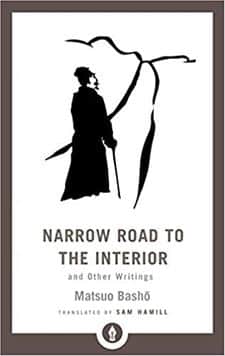
Book Overview: A masterful translation of one of the most-loved classics of Japanese literature—part travelogue, part haiku collection, part account of spiritual awakening
Bashō (1644–1694)—a great luminary of Asian literature who elevated the haiku to an art form of utter simplicity and intense spiritual beauty—is renowned in the West as the author of Narrow Road to the Interior, a travel diary of linked prose and haiku recounting his journey through the far northern provinces of Japan.
Post(s) Inspired by this Book:
19 Quotes from Narrow Road To The Interior on Solitude, Travel, and Poetry
“The purpose is to identify not with the body which is falling away, but with the consciousness of which it is a vehicle. This is something I learned from my myths. Am I the bulb that carries the light, or am I the light of which the bulb is the vehicle? If you can identify with the consciousness, you can watch this thing go like an old car. There goes the fender, etc. But it’s expected; and then gradually the whole thing drops off and consciousness rejoins consciousness. I live with these myths—and they tell me to do this, to identify with the Christ or the Shiva in me. And that doesn’t die, it resurrects. It is an essential experience of any mystical realization that you die to your flesh and are born to your spirit. You identify with the consciousness in life—and that is the god.”
Joseph Campbell, via Sunbeams (Page 70)
Michael Gerber Quote on Being Gentle With Your Spirit and How To Unite Your Spirit and Mind
“You need to be very gentle with your spirit. It needs to be free, but it also needs you to direct its attention. Too much of one, and not enough of the other, and your spirit will take off like a wild horse. That’s how you need to think of your spirit, like a wild horse. Part of it is there to serve you, and another part to serve itself. The thing you need to learn is which part is which. If you put it behind a fence, you will kill it. But if you leave it to come and go as it pleases, you will never understand it.”
Michael Gerber, The E-Myth Revisited (Page 158)
Beyond the Quote (181/365)
…And it’s not until you understand your spirit that can ever tame and unite forces with it. This is critical to understand because your spirit is one of the most powerful driving forces in your life. It’s only when your actions are backed by the power of your spirit that you can only ever realize your true potential and capability as a human being.
Read More »Michael Gerber Quote on Being Gentle With Your Spirit and How To Unite Your Spirit and Mind